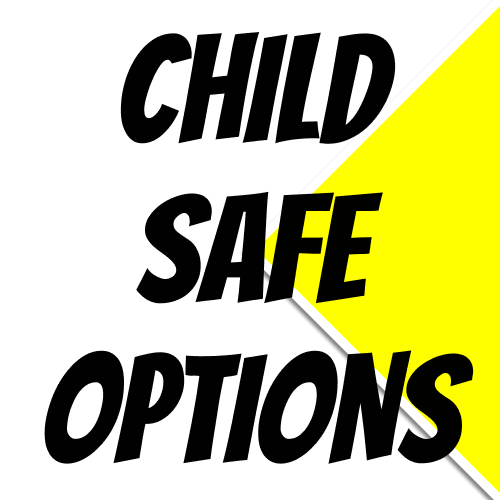Can I use a Bluetooth tracker ( Airtag / Smartag ) on my child?
Using a Bluetooth tracking device like an Airtag, Smartag, or Tile on a child can be a controversial topic. While these devices can provide peace of mind for parents, there are also potential privacy and safety concerns to consider.
First, it’s important to understand how these devices work. Airtags, Smartags, and Tiles are small Bluetooth-enabled devices that can be attached to items such as keys, backpacks, or clothing. They can then be tracked using a smartphone app that communicates with the device via Bluetooth or a mesh network. They are typically battery-operated and the battery lasts around a year.
In fact, companies manufacturing these devices strongly advise the use of these devices against their intended use. For example, Apple advises using Airtags only to track things, not people. They suggest the use of an apple watch to use other safety features (They might have some business intentions as well)
Some parents may see the benefit of using a tracking device on their children. For example, if a child is prone to wandering off, a parent could use a device to quickly locate them. However, there are also potential privacy concerns to consider. Some children may not want to be tracked all the time, especially without their knowledge or consent in their growing age.
In addition to privacy concerns, there are also safety concerns to consider. For example, a child might accidentally swallow or choke on a small tracking device. It’s also possible that someone could use the tracking device to track the child without the parent’s knowledge or consent if the parents do not have sound technology-related knowledge.
If you do decide to use a tracking device on your child for some reason, there are some important things to keep in mind:
Consent
If your child is old enough to understand the device and how it works, it’s essential to have a conversation with them and get their consent before using it. It may not be a problem if you use it on your toddler with proper safety measures such as a tamper-proof case. But, using a tag on a school-going child requires explicit consent and they should be aware that they are being tracked.
It is always better not to track your teenagers using any form of tracker unless they ask you to do so in some situations. For instance, if your child wants you to be aware of their movements when they for a trekking trip, it is their choice and you could agree. But, otherwise insisting to carry one tracker device with them for you to track their location won’t be a good idea.
If your child is using a phone, they can share their location whenever necessary and you don’t need a tracking device.
Safety
Make sure the device is securely attached to your child’s clothing or backpack and cannot be easily removed. Avoid using a device that is small enough to be a choking hazard. As with any other toy or accessory that we buy for our children, safety is of paramount importance. Trackers like airtag are coin-sized and can be easily swallowed by a child. This is a potential hazard. A choking hazard can occur even if you use it on your keychain without proper safety measures and your child can access your keys.
Privacy
Consider the privacy implications of using a tracking device on your child. Make sure you are using a device that does not collect any unnecessary data or share it with third parties. A device from a trusted company may not track your information and share it with third parties. But, some cheap non-branded alternatives could be a potential threat to your privacy.
Trust
Make sure you are using a device from a reputable company and that you trust the app and the security measures in place. While the trackers mentioned in the title are from major companies and they are secure and mostly end-to-end encrypted. There is nothing to worry about regarding the ‘trust’ factor if you prefer to use one of these.
Legal issues
Make sure you are familiar with the laws in your area regarding the use of tracking devices. Some jurisdictions may have specific laws that regulate the use of these devices. Also, your child can raise a concern about their privacy violations. Consents are hard to prove in case of a conflict. In my personal opinion, It is always better to avoid using a tracker on a child older than kindergarten kids.
False sense of security
Using tracking devices may give parents a false sense of security. As you are aware, no technology is perfect or foolproof and it is hard for companies to come up with tamper-proof technologies. For example, the stalking prevention features of airtags are compromised by removing speakers from airtag. While this feature may not make sense when you track your child, but enough to establish a point that nothing is 100 percent perfect. You need to stay alert and must provide the same care and safe environments.
Ultimately, the decision to use a tracking device on your child is a personal one that depends on your individual circumstances and needs. It’s important to carefully consider the potential benefits and risks before making a decision and consent if the most important factor. If you decide to use a tracking device, take appropriate steps to ensure the safety and privacy of your child.

